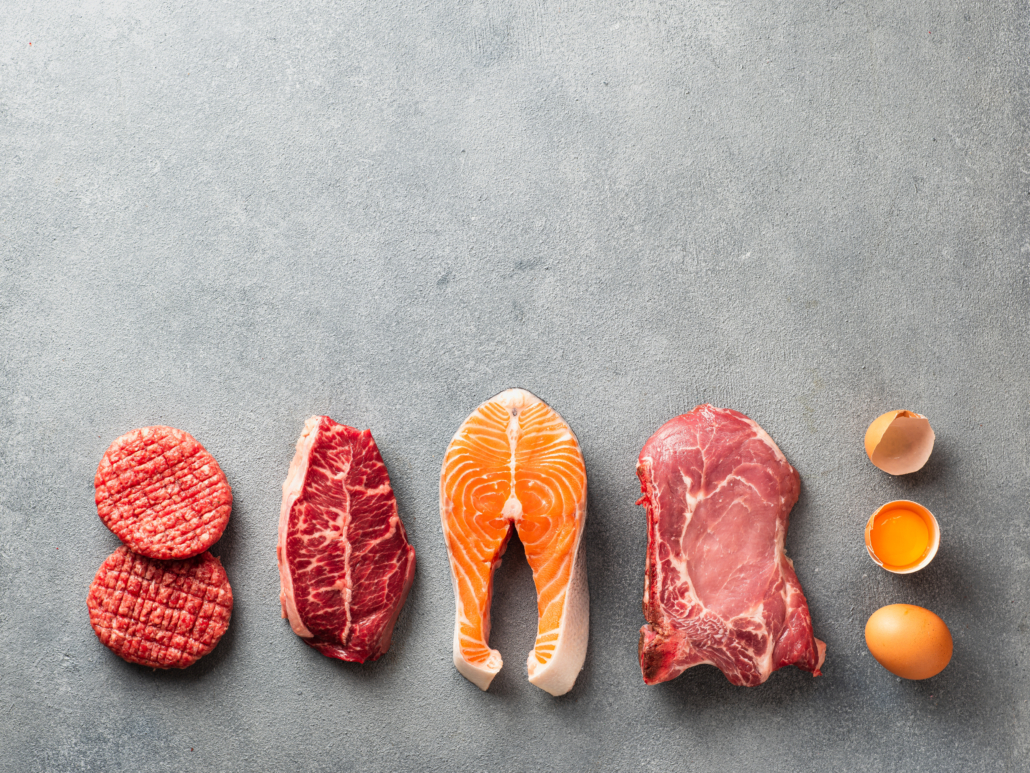We include products in articles we think are useful for our readers. If you buy products or services through links on our website, we may earn a small commission.
What is the Zero Carb Carnivore Diet?
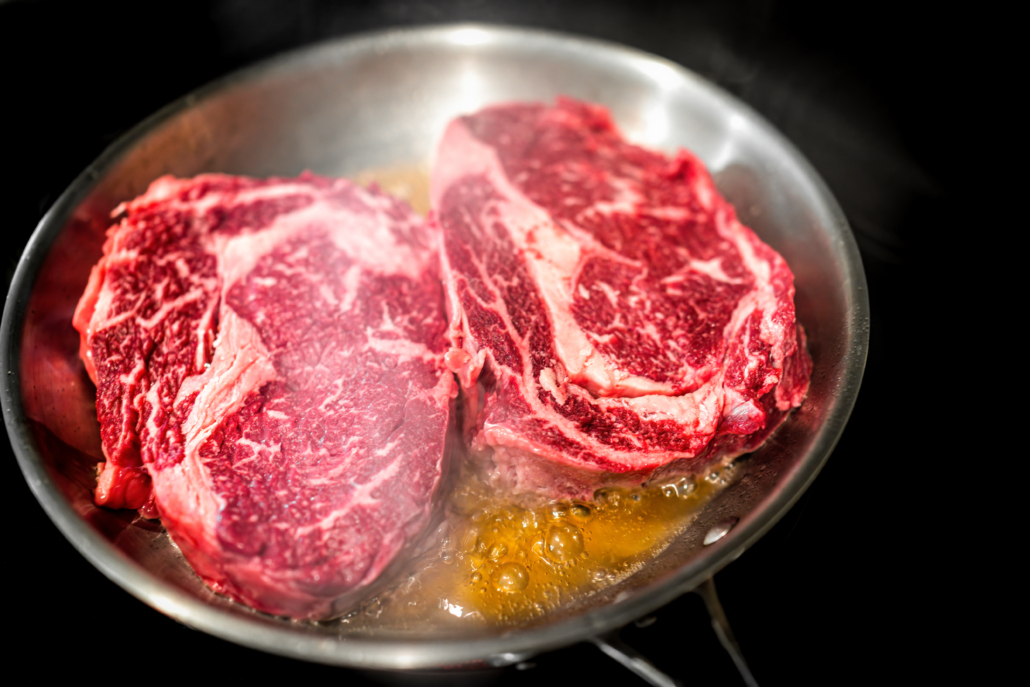
Are you tired of fad diets that promise quick results but leave you feeling unsatisfied and deprived? Maybe it’s time to consider the Zero Carb Carnivore Diet.
This ancestral way of eating focuses solely on animal-based products and has been shown to improve weight loss, increase energy levels, boost sex drive, and dramatically improve various physical and mental health conditions.
In this article, we’ll explore the world of the Zero Carb Carnivore Diet, and its benefits, and offer you the tools you need to get started.
Table of Contents
What is the Zero Carb Carnivore Diet?
There are many versions of meat-based “carnivore” diets. What sets the zero-carb approach apart is that you eliminate any animal products that contain carbs. On carnivore this means cheese and milk products.
Part of the beauty of the zero-carb carnivore diet is its simplicity.
- eat only animals
- No food timing, portions, or macro tracking
- Eat when you’re hungry, stop when you’re full
- Drink only water or black coffee
Sounds crazy? Well, there’s actually a significant body of research suggesting that humans evolved as hypercarnivorous apex predators for nearly two million years.
In other words, humans were carnivores for a lot longer than we’ve been grain and veggie eaters (only 10,000 years). Not to mention the processed industrial foods like toxic vegetable oils and added sugars that have only been around for about 100 years.
Don’t I Need Carbs?
Conventional dietary guidelines call for eating a so-called “balanced” diet.
What this means in practice is constantly eating meals and snacks of high-carb fruits, vegetables, and whole grains.
Yet, all these carbs are in fact, “non-essential.” In nutritional terms this has a very specific meaning–that we DO NOT NEED THEM. We’re more than capable of surviving and thriving without all this sugar.
On the other hand, what we can’t survive without is fat and protein. These are the only two “essential” macronutrients.
Now doesn’t it seem just a bit suspicious that mainstream guidelines call for cutting essential fat and increasing non-essential high-carb foods?
Thankfully, even when considering the highly charged debate around high-fat low-carb vs. “balanced” high-carb diet proponents, the science generally prevails.
For example, according to The textbook “Dietary Reference Intakes for Energy, Carbohydrate, Fiber, Fat, Fatty Acids, Cholesterol, Protein, and Amino Acids,” published by the U.S. Food and Nutrition Board of the Institute of Medicine, “The lower limit of dietary carbohydrate compatible with life apparently is zero, provided that adequate amounts of protein and fat are consumed. There are traditional populations that ingested a high fat, high protein diet containing only a minimal amount of carbohydrates for extended periods of time (Masai), and in some cases for a lifetime after infancy (Alaska and Greenland Natives, Inuits, and Pampas indigenous people). There was no apparent effect on health or longevity. Caucasians eating an essentially carbohydrate-free diet, resembling that of Greenland natives, for a year tolerated the diet quite well. However, a detailed modern comparison with populations ingesting the majority of food energy as carbohydrate has never been done.”
That said, many people practicing zero carb carnivore diet make space for cheat/treat days that include some high-carb whole foods like french fries fried in tallow and keto-friendly homemade ice cream.
There are also people who cycle between high-fat, zero carb carnivore and carb-refeeding days.
A cyclical zero-carb carnivore diet was developed by bodybuilder Vince Gironda back in the 1950s when it was originally called the “steak and eggs diet.”
Why Go Zero Carb Carnivore?
Many people choose the zero-carb carnivore diet because it has the power to dramatically reduce inflammation.
Chronic inflammation is the root cause of numerous modern diseases and autoimmune disorders, including
- heart disease
- hypertension
- type 2 diabetes
- epithelial cell cancers
- inflammatory diseases (including autoimmune diseases, bowel disorders, osteoporosis, infertility, and more)
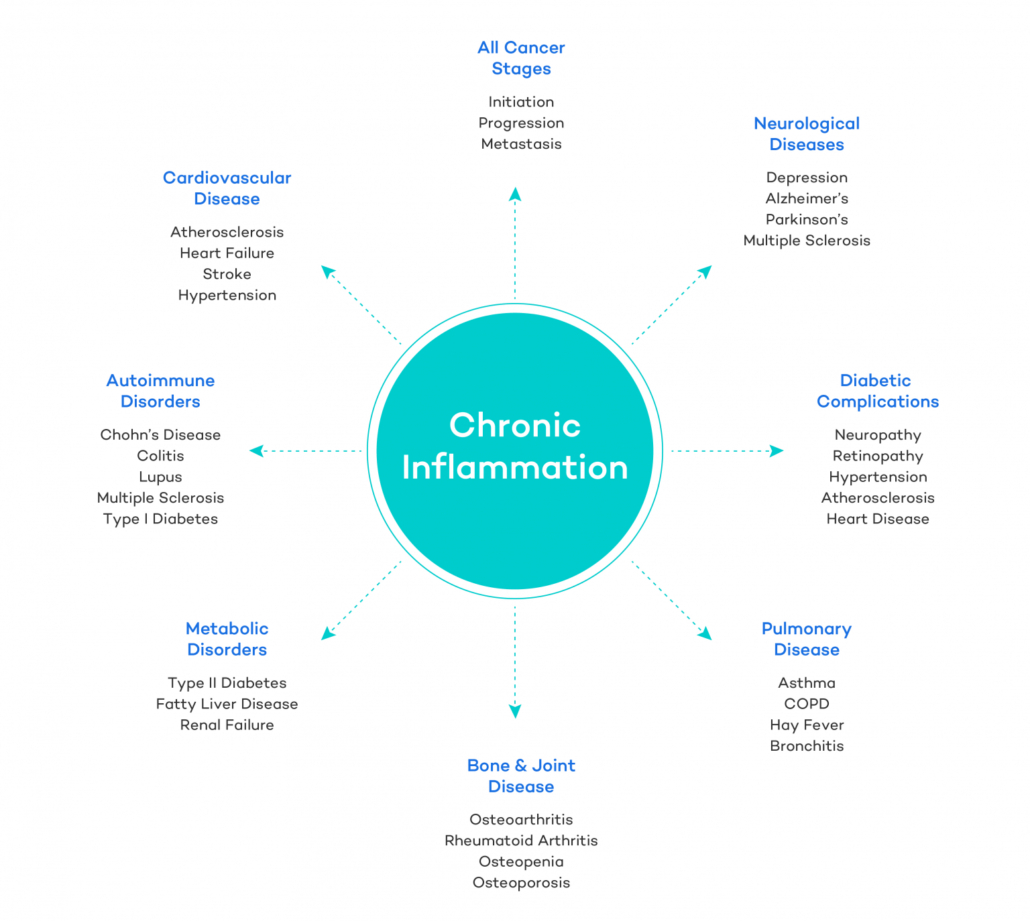
The theory behind going carnivore follows that over millions of years, our genetics evolved to regulate inflammatory responses in the context of a hunter-gatherer lifestyle characterized by a diet of low-carb, high-fat foods and low-impact movement.
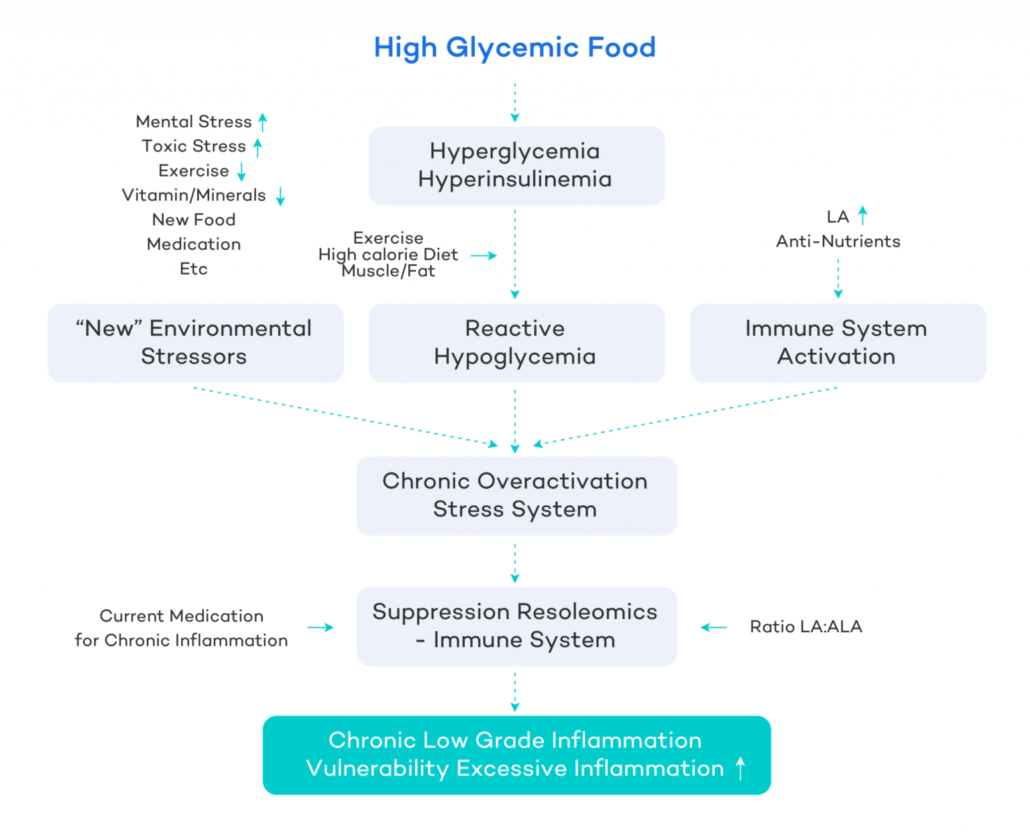
Returning to an ancestral diet combined with evolutionarily aligned lifestyle habits like low-impact movement and meditation are seen as ways to rebalance the bodies natural inflammation cycles.
The zero-carb carnivore diet addresses the chronic exposure to inflammatory foods containing plant toxins, industrial vegetable oils, and added sugars that are the root cause of modern epidemic diseases.
Research on Cutting Carbs
Numerous studies have borne out the benefits of cutting carbs. Let’s take a look at a sliver of this vast body of research.
Studies have found that cutting carbs can
- reduce the risk of certain cancers, and help treat cancer
- reduce excess body fat
- protect against the onset and severity of neurodegenerative diseases, including Alzheimer’s and Parkinson’s disease
- support better mood and reduce the severity of psychiatric conditions
- reduce the risk for and effectively treat symptoms of diabetes
- supporting cardiovascular health
Health Benefits of a Zero-Carb Carnivore Diet
The zero-carb carnivore diet has been gaining in popularity thanks to enthusiasts like Dr. Kiltz, Dr. Ken Berry, Dr. Shawn Baker, psychologist Jordan Peterson, and podcaster Joe Rogan.
These early adopters promoted the benefits of carnivore diet to their patients and communities after experiencing and witnessing benefits including
- Steady energy throughout the day
- Mental clarity
- Improved mood and relief from chronic depression
- Improved markers of heart health
- Overcoming fertility issues for men and women
- Better recovery after exercise
- Clearer skin
- Better digestion
- Reduced inflammation
Now, major institutions are taking note. In 2021, researchers at Harvard University polled 2,029 people practicing a zero-carb (or nearly zero-carb) carnivore diet for at least 6 months.
The researchers concluded, “Contrary to common expectations, adults consuming a carnivore diet experienced few adverse effects and instead reported health benefits and high satisfaction.”
Key findings from the study include
- 93% improved or resolved obesity and excess weight
- 93% improved hypertension
- 98% improved conditions related to diabetes
- 97% improved gastrointestinal symptoms
- 96% improved psychiatric symptoms
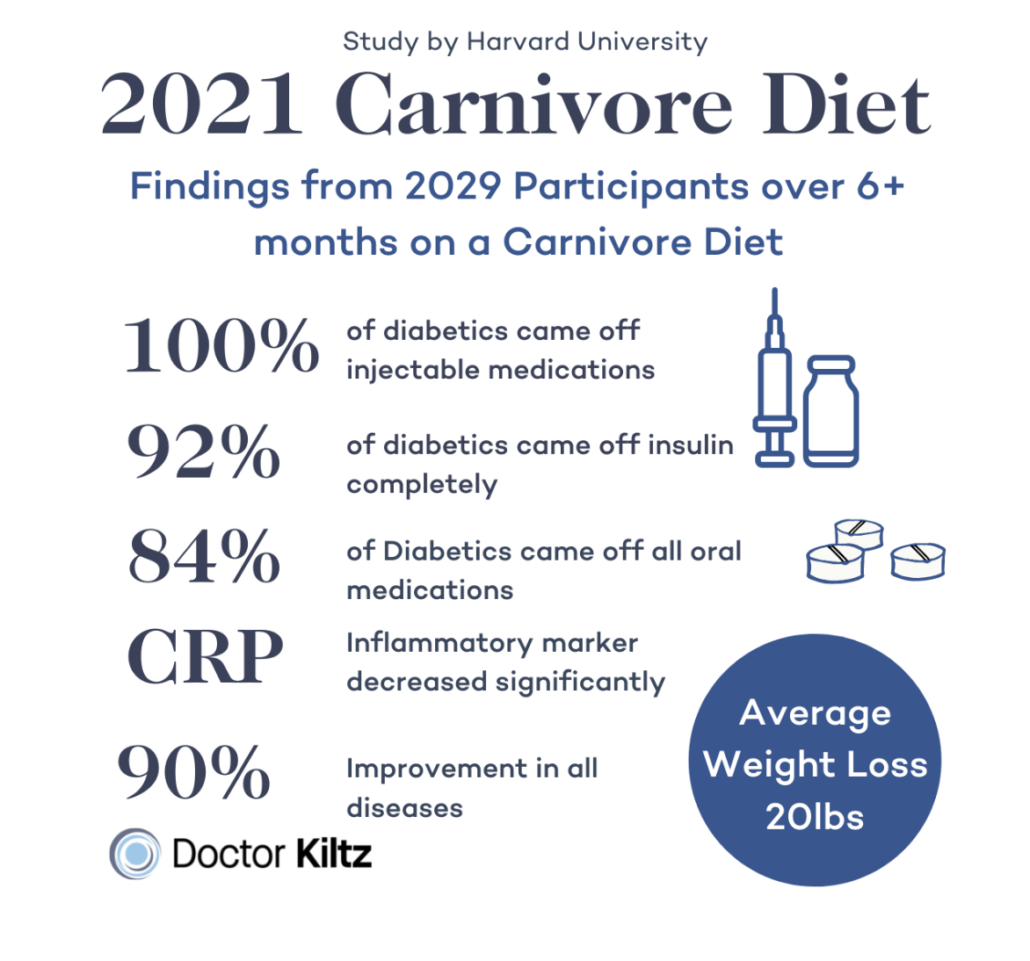
The Harvard study reflected findings from a 2019 survey by Revero–a carnivore diet coaching platform. Revero polled data from 12,000 zero-carb carnivore dieters practicing for at least three months.
- 96% of participants experienced full or significant improvement in all diseases
- 95% improved gastrointestinal conditions
- 96% improved skin allergies and disorders
- 79% eliminated or reduced medications after 3 months
- 93% improved mental health and mood disorders
- 91% lost weight and reduced body fat
2 Key Factors Behind Carnivore Diet Benefits
There are two key factors behind the benefits of a zero-carb diet that deserve to be highlighted.
Eliminates Plant Toxins
Cutting out plant foods eliminates exposure to natural plant defense mechanisms and compounds that are harmful to humans.
Popular plant foods contain gluten, lectins and phytates that damage the delicate intestinal lining leading to intestinal permeability, AKA leaky gut. Pathogens and toxins are then able to enter the bloodstream where they are carried throughout the body leading to widespread inflammation.
The chart below details the effects of various plant toxins.
More Foods Packed with Vital Nutrients
Carnivore diet foods are the most nutrient-dense and healthiest foods on earth.
Red meat, seafood, and animal-based fats are brimming with essential macro and micronutrients–many of which you can only find in animal products.
Some of the important health-boosting nutrients you get in abundance on zero-carb carnivore include
- D3
- B12
- Vitamin A (Retinol)
- Heme iron
- Vitamin K2 (mk-4)
- Docosahexaenoic acid (DHA)
- Eicosapentaenoic Acid (EPA)
- Taurine
- Creatine
- Carnitine
- Carnosine
- CoenzymeQ10
Zero Carb Carnivore Foods to Enjoy
The zero-carb carnivore diet is centered around fatty whole-food animal products including.
- Red meat: beef, lamb, bison, and pork
- Animal fats: butter, tallow, ghee, and lard
- Eggs
- Organ meats like beef liver and duck liver
- Low-carb seafood and fatty fish
- Beverages: water, black coffee, and plain tea
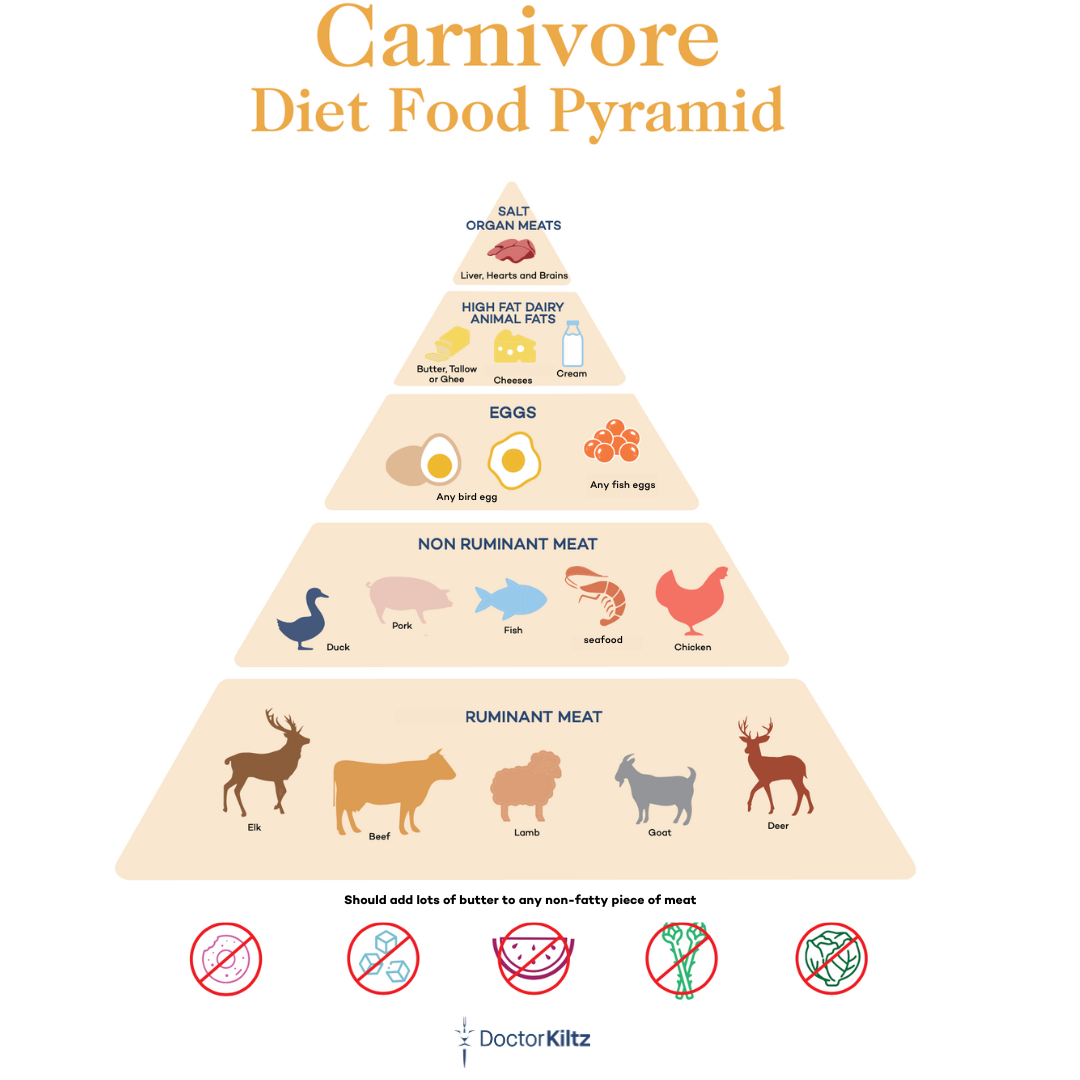
Foods to Avoid on the Carnivore Diet
The zero carb carnivore diet eliminates all plant foods and post-agricultural foods, including
- Grains: wheat, rice, oats, quinoa, and grain products like bread and pasta
- Sweets and baked goods
- Fruits
- Vegetables
- Legumes: red beans, kidney beans, soy etc.
- Dairy with carbs, including milk and yogurt
- Condiments: ketchup, salad dressings, sauces
- Alcohol, including beer, wine, and liquor
- Vegetable “seed” oils: Though zero carb, these industrial oils are toxic and inflammatory
How to Do the Zero-Carb Carnivore Diet
The zero-carb carnivore diet turns the traditional food pyramid on its head. And in doing so, it promotes a major metabolic shift into ketosis.
To make this way of eating sustainable, it is important to eat lots of fat. The problem is that most people think of meat as only muscle meat.
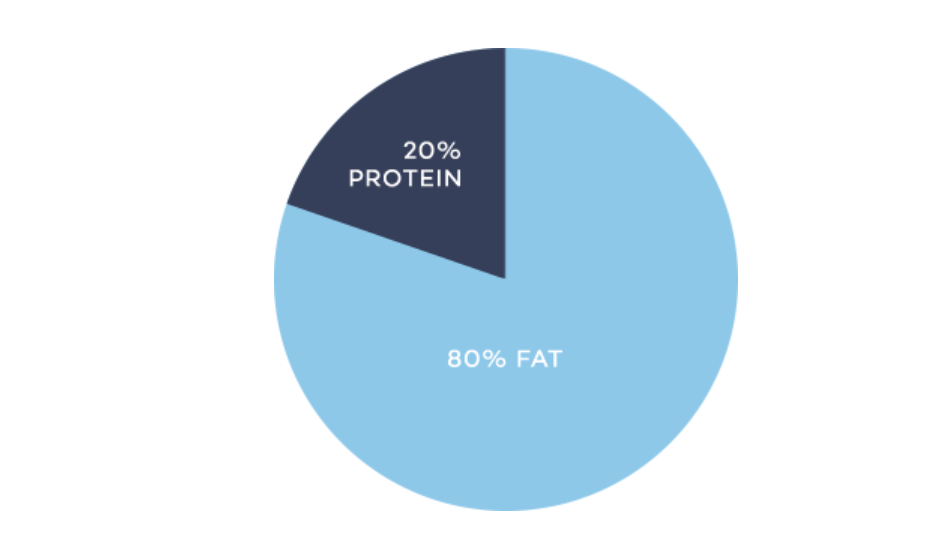
But our ancestors focused on fatty meat. And this penchant for fat (not protein) as our primary fuel source is reflected in our biological limits on getting calories from protein. Yes, there’s a limit on the protein that we can eat before getting protein poisoning–it’s around 35% of our total calories.
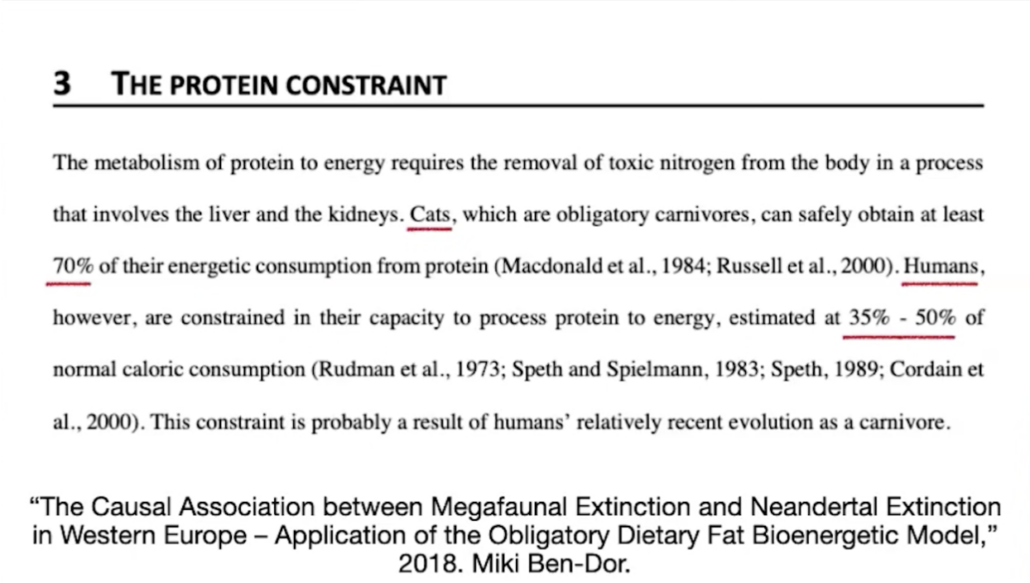
This means that you’ll aim to get around 80% of your calories from animal fats.
This isn’t to scare you but to make sure you find the carnivore diet sustainable and enjoyable while eliminating any possible side effects that come with such a major shift from the standard Western diet.
The Zero Carb Carnivore Diet: The Bottom Line
The zero-carb carnivore diet is an ancestral way of eating that re-aligns our physiology with the dietary patterns that we evolved to thrive on.
Modern diets that are high in sugars and carbs and plant toxins have been linked to numerous inflammatory diseases, AKA “the diseases of civilization.” These include heart disease, cancers, Alzheimer’s, diabetes, and psychological disorders.
When you cut carbs and focus on whole animal products, you dramatically increase your intake of nutrient-dense whole foods.
These carnivore foods provide an abundance of hard-to-get nutrients in near-perfect ratios and the most bioavailable forms.
Numerous studies reveal that reducing carbs can support a range of health markers, including reduced inflammation, improved energy, and improved digestion.













